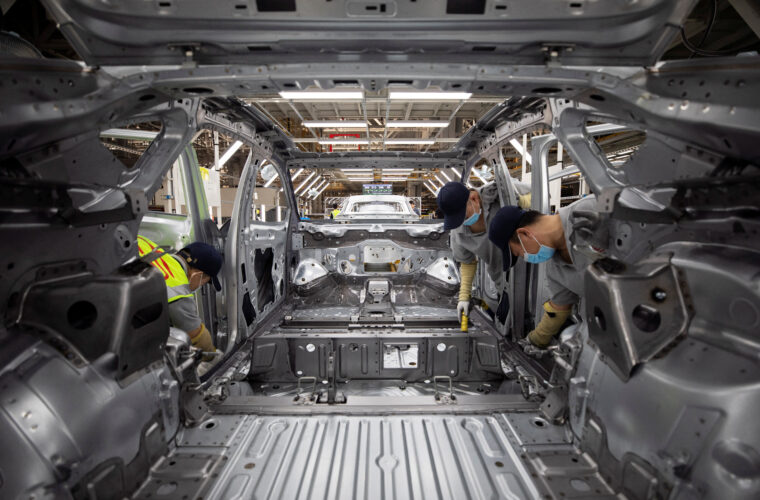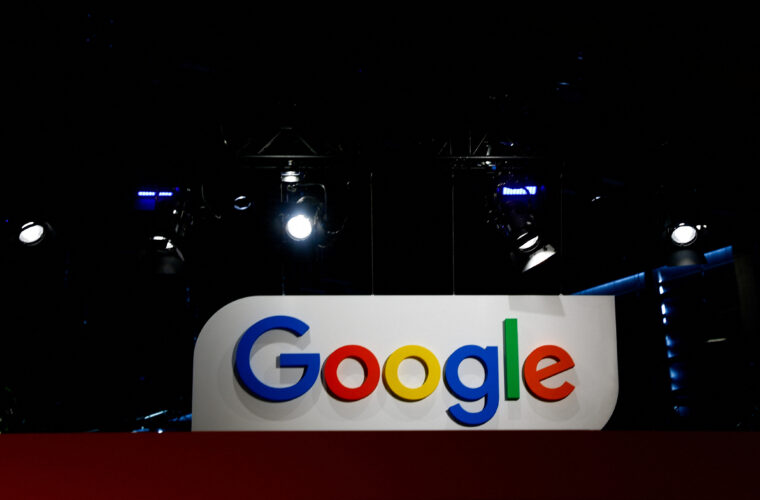24 companies have urged the European Commission and the European Parliament to exert all possible efforts to ensure that the gatekeepers adhere to both the literal requirements and the underlying principles of the Digital Markets Act.
A group of leading technology and media companies has come together to voice concerns via a public statement, alleging that big tech giants like Meta, Amazon, and Microsoft are failing to comply with the European Union’s forthcoming digital competition rules.
According to CNBC, the open letter states, “The undersigned parties, collectively representing numerous businesses impacted by the DMA, call on the key players to promptly initiate discussions with business users and various stakeholders, including business and consumer groups, in a collaborative manner, and to swiftly advance towards implementing effective solutions for compliance.”
Big tech companies and concerns
Representatives from various sectors within the industry who signed the statement contended that companies labelled as “gatekeepers” by the EU, including Google, Amazon, Apple, Meta, Microsoft, and ByteDance (the parent company of TikTok), have not sufficiently engaged with them or their industry peers.
As per the EU’s Digital Markets Act guidelines, firms with over 45 million monthly active users and a market capitalization exceeding 75 billion euros ($81.2 billion) are classified as gatekeepers. These companies are required to ensure the interoperability of their messaging services with those of competitors, and users should have the freedom to choose pre-installed applications on their devices.
Additionally, gatekeepers are mandated to abstain from actions that may unfairly promote their own services over others, a practice commonly referred to as “self-preferencing.”
The collective statement, backed by entities such as Schibsted, Ecosia, Qwant, Element, and ProtonVPN, asserted that gatekeepers “have either avoided dialogue with external parties or have proposed solutions that do not meet DMA requirements.”

The new EU competition rules
It raised concerns about a perceived need for more transparency for businesses and consumers regarding the future landscape post-March 7, 2024, a pivotal deadline for all six major tech gatekeepers to align their operations with the Digital Markets Act.
Representing numerous businesses affected by the DMA, the signatories called for swift gatekeeper engagement in constructive discussions with business users and other stakeholders. They stressed the urgency for significant progress on proposed compliance measures.
Moreover, the letter urged the European Commission and the European Parliament to utilize their authority to ensure gatekeepers adhere “to the spirit and letter of the DMA,” commencing from March 7.
The 24 companies endorsing the letter encompass Adevinta, Allegro, Billiger.de, Ceneo, CompareGroup, Ecosia, Element, Favi, Heureka Group, Idealo, Kelkoo, Ladenzeile, Le Guide.com, OLX, Open-Xchange, Panther Holding GmbH, Preis.de, Prisjakt, Proton, Qwant, Runnea, Schibsted, Solute, and Vipps.
Christian Kroll, CEO and co-founder of Ecosia, emphasized to CNBC before the release of the open letter that regulators must effectively regulate large tech companies, or else businesses like he could face significant financial repercussions.
He stated, “There has long been a significant challenge: Google has maintained a monopoly for over a decade, but we are currently more hopeful. The outcome on March 7 remains uncertain, but we are firm in our belief that 2024 should mark the year of equitable options in online search for Europe.”
Kroll added, “EU policymakers have the opportunity to create a digital market that fosters fair competition and provides choices for both European consumers and businesses.”



